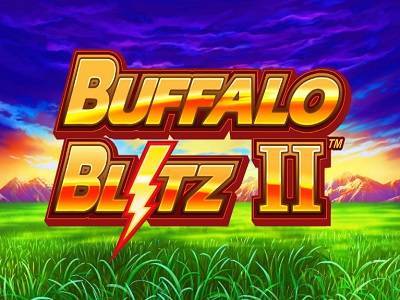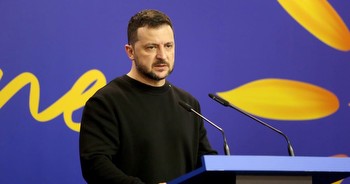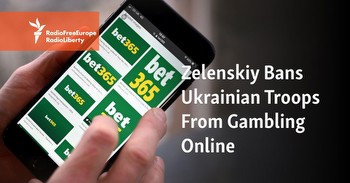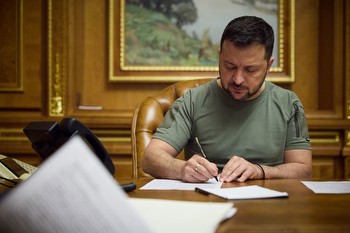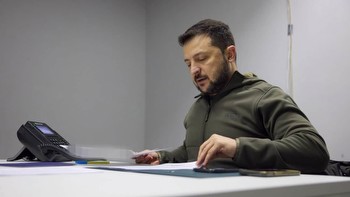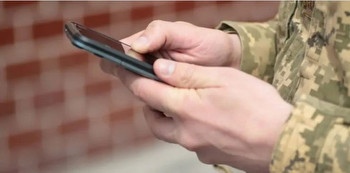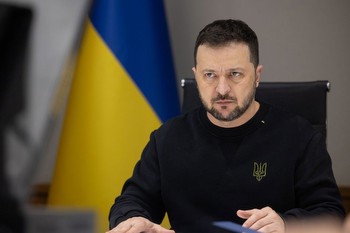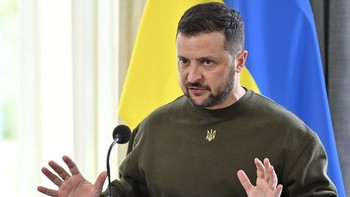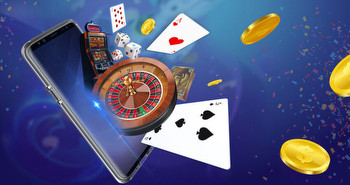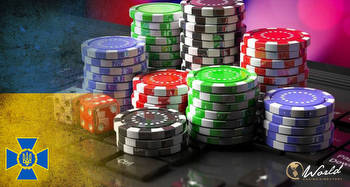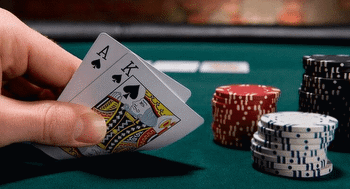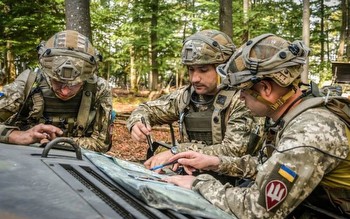Ukrainian Military Banned from Gambling as Regulations Intensify
Petition argues the effect of the ongoing war on the mental health of soldiers and civilians has contributed to a surge in gambling addiction.
Ukrainian president Volodymyr Zelensky has issued a decree banning military personnel from gambling.
The decree comes as a result of a petition spearheaded by activist and soldier Pavlo Petrychenko, which raised serious concerns over the rise of problem gambling amongst Ukraine’s troops.
Gambling was only legalized in Ukraine in 2020, but it is being argued that the effect of the ongoing war on the mental health of soldiers and civilians has contributed to a surge in gambling addiction.
Petrychenko’s petition
Petrychenko’s petition called for a ban on gambling and access to online casinos for military personnel during martial law, a ban on gambling advertising using the symbols of the Armed Forces of Ukraine, and a ban on charitable foundations cooperating with gambling market participants.
Petrychenko was particularly concerned about the vulnerability of soldiers, who were working under extreme pressure and could easily fall victim to problem gambling and its devastating effects.
Security risks were also brought to light as a result of the petition. Petrychenko explained that Russian online casinos were able to access the data of Ukrainian soldiers and civilians, with the potential for serious harm.
When Petrychenko was killed in action on April 15, his petition gained momentum rapidly, drawing huge amounts of attention to the cause the soldier was so passionate about. In just a few hours, the petition gained the required 25,000 signatures for consideration.
Zelensky takes action
On April 20, President Zelensky announced the decision of the National Security and Defense Council (NSDC) on gambling restrictions.
The resultant decree, which was immediately published on the Presidential Office website, bans military personnel from accessing online gambling sites, condoning the “negative effects of gambling on the Internet.” The ban is to remain in place until the end of martial law in the country.
Along with bans for military personnel, Zelenskyy’s decree includes restrictions on online casino advertising, weekly expenditure limits, online monitoring systems, restrictions for military personnel and an order to the Ukrainian SBU security service to conduct inspections of gambling organizers.
The Cabinet of Ministers of Ukraine has been instructed to develop procedures to restrict the use of Ukrainian Armed Forces symbols and other military formations on any gambling advertising, addressing one of the key complaints of Petrychenko’s petition.
Ukrainian players will now be restricted to a single account, and continuous participation time limits will be brought in. Gambling companies operating in Ukraine will need to set player limits before games can begin. These limits will be set with a single, monthly opportunity for players to change them.
State online monitoring systems and a national information and awareness campaign will be released to educate players on the dangers of gambling. Illegal online gambling websites are to be banned countrywide.
Ukraine to offer support for gambling addiction
Ukraine’s new restrictions will also be accompanied by a program of support, to be made available to those who have already fallen victim to gambling addiction.
The Ukraine's Health Ministry has been given three months to create a new clinical protocol with the specific purpose of treating gaming addiction.
These are significant changes that should make a real impact on the rise of problem gambling in Ukraine. Problem gambling is a relatively new issue in the country, and the speed at which it had been rising amongst military personnel in particular demanded the kind of decisive action that has now been taken.
Negotiations are now underway with tech giants like Google and Apple, as the Ukrainian Ministry of Digital Transformation seeks to get unlicensed gambling apps banned from both the App Store and the Google Play Store.







